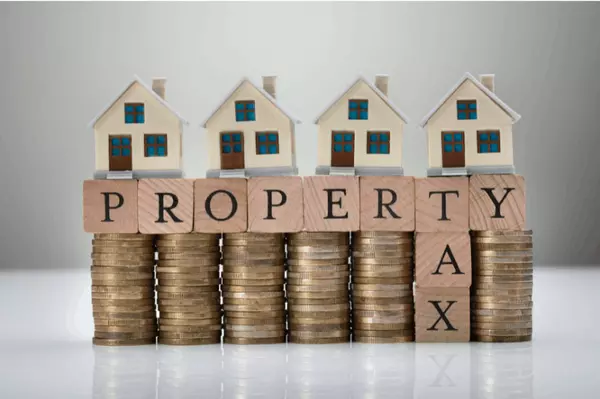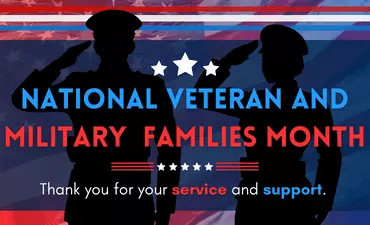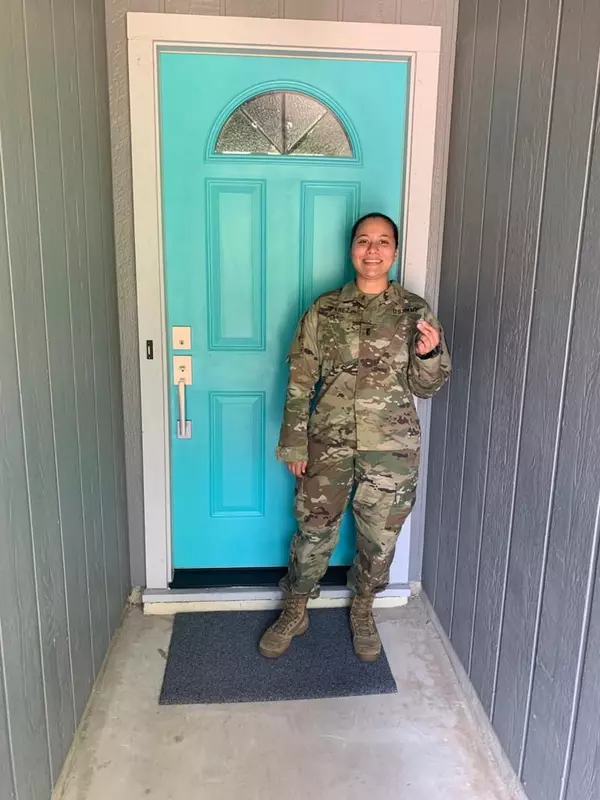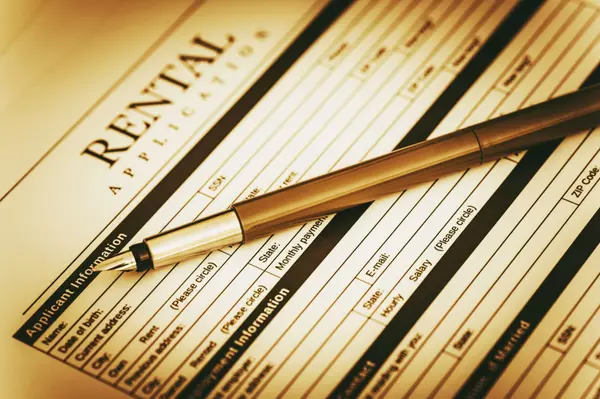
Property Taxes in Texas Explained
Property Taxes in Texas Explained When it comes to homeownership, understanding property taxes is essential. In Texas, property taxes are a significant part of the homeownership equation. Whether you are a buyer or a seller, knowing how property taxes affect your mortgage payment is crucial. In this blog post, we will delve into the topic of property taxes in Texas, discussing their impact on buyers, sellers, and the importance of the homestead exemption. For homebuyers, property taxes play a significant role in determining the affordability of a property. Before purchasing a home, it is essential to consider the property tax rates in the area. Texas property tax rates vary by county and can significantly impact your monthly mortgage payment. The property tax bill is typically divided into 12 monthly installments and included in your mortgage payment. This means that a higher property tax rate will result in a higher mortgage payment. In Texas, homeowners have the option to apply for a homestead exemption, which can provide significant savings on property taxes. The homestead exemption reduces the taxable value of your property, resulting in a lower tax bill. To be eligible for the homestead exemption, you must use the property as your primary residence. Applying for a homestead exemption is a relatively simple process and can save homeowners a considerable amount of money each year. One of the essential benefits of the homestead exemption is that it offers property tax relief for homeowners. By reducing the taxable value of your property, you can save hundreds or even thousands of dollars annually. This can make a significant difference in the affordability of your mortgage payment. For example, if your home is valued at $200,000, and you qualify for a homestead exemption that reduces the taxable value by $25,000, you can potentially save hundreds of dollars each year. For sellers, property taxes can also have an impact on the sale of their property. When selling a home, the property tax proration is a crucial consideration. Property tax proration ensures that both the buyer and the seller contribute their fair share of property taxes during the portion of the year they each own the property. This ensures a smooth transfer of ownership without any outstanding property tax bills. When selling a property, it is essential to accurately calculate the property tax proration to avoid financial complications. Typically, the closing agent or title company will handle these calculations and ensure that both parties are responsible for their proportionate share of property taxes. It is important to communicate openly with your real estate agent and closing agent to ensure a seamless transaction and avoid any surprises related to property taxes. In conclusion, property taxes in Texas play a significant role in homeownership, impacting both buyers and sellers. For buyers, property taxes can affect the affordability of a property by impacting the monthly mortgage payment. Applying for a homestead exemption can provide significant savings on property taxes and make homeownership more affordable. For sellers, property tax proration ensures a smooth transfer of ownership without any outstanding property tax bills. Understanding the ins and outs of property taxes is crucial for a successful real estate transaction in Texas. If you are considering buying or selling a property in Texas, it is important to work with a knowledgeable real estate agent who can guide you through the intricacies of property taxes and ensure a seamless transaction. By understanding the importance of the homestead exemption and how property taxes affect your mortgage payment, you can make informed decisions and achieve your homeownership goals in the Lone Star State.

VA Loan's Perks You Should Know
When it comes to buying a home, there are several financing options available to potential buyers. One such option is a VA loan, designed specifically for veterans, active-duty service members, and eligible surviving spouses. VA loans offer a range of perks that can make the homebuying process more accessible and affordable. In this blog post, we will discuss the benefits of VA loans in terms of buyers, mortgages, and lifestyle. One of the most significant advantages of a VA loan is the lower interest rates they offer. Typically, VA loans have lower interest rates compared to conventional loans. This means that borrowers can save thousands of dollars over the life of their loan. Lower interest rates translate to lower monthly mortgage payments, providing financial relief to veterans and military personnel. Another perk of a VA loan is the absence of a down payment requirement. While most conventional loans require a down payment of at least 20% of the home's purchase price, VA loans allow eligible borrowers to purchase a home without any down payment. This feature can be incredibly beneficial for those who may not have substantial savings or struggle to come up with a large down payment. By eliminating the need for a down payment, VA loans make homeownership more attainable for veterans and military families. Additionally, VA loans do not have a minimum credit score requirement, unlike many conventional loans. While lenders may still assess the borrower's creditworthiness, a lower credit score does not automatically disqualify them from obtaining a VA loan. This flexibility enables individuals with a less-than-perfect credit history to become homeowners, as long as they meet other eligibility criteria. In terms of lifestyle, VA loans offer numerous advantages that cater specifically to veterans and military personnel. For instance, VA loans provide the opportunity to finance energy-efficient upgrades to the home. This means that borrowers can include the cost of energy-efficient improvements, such as solar panels or energy-efficient appliances, in their loan. Not only does this contribute to reducing the home's carbon footprint, but it also saves the homeowner money on utility bills over time. Moreover, VA loans offer the possibility of refinancing through the Interest Rate Reduction Refinance Loan (IRRRL) program. This program allows eligible borrowers to refinance their existing VA loan to secure a lower interest rate or switch from an adjustable-rate mortgage to a fixed-rate mortgage. The IRRRL program simplifies the refinancing process, making it more accessible and affordable for veterans and military personnel. In conclusion, VA loans provide several perks that make homeownership more accessible and affordable for veterans, active-duty service members, and eligible surviving spouses. The lower interest rates, absence of a down payment requirement, and no minimum credit score make VA loans an attractive option for those looking to buy a home. Additionally, the lifestyle benefits, such as financing energy-efficient upgrades and the opportunity to refinance through the IRRRL program, further enhance the appeal of VA loans. If you are a veteran or military member in the market for a home, exploring the benefits of a VA loan may be a wise choice. Contact a knowledgeable mortgage lender to learn more about how a VA loan can help you achieve your homeownership goals! Don't know a knowledgeable and trustworhy mortgage lender? We got your back! Reach out to us and we'll be more than happy to connect you with one of our VA loan expert mortgage lenders.

Top 5 VA Buyer Mistakes to Avoid
As a VA loan expert and Army Veteran, I've seen my fair share of VA loan buyer mistakes and misconceptions. In this blog post, we'll go over the top 5 VA buyer mistakes to avoid, including assumptions about eligibility and down payments, working with an inexperienced agent, and more. Mistake #1: Assuming You're Not Eligible One of the biggest mistakes that VA buyers can make is assuming that they are not eligible for a VA loan. In fact, there are a number of ways that someone can be eligible for a VA loan, including being the spouse of a service member who passed away in the line of duty, currently serving as an Active Duty Service Member, or being a Veteran who was honorably discharged (note the word Veteran refers to a person who served in the Armed Forces, not to be confused with a Combat Veteran, meaning they deployed while serving). So before you assume that you're not eligible for a VA loan, it's important to do your research and find out for sure. You may be surprised to learn that you are, in fact, eligible for this type of home loan. Mistake #2: Thinking No Down Payment Means No Closing Costs Another mistake that VA buyers can make is assuming that no down payment, also means they won't have to pay any closing costs. While it's true that VA loans come with no down payment requirement, that doesn't mean that buyers won't have to pay any money upfront. In fact, there are still a number of closing costs that VA buyers will need to pay, including things like appraisal fees, title fees, home inspections, and more. So it's important to be prepared for these costs and make sure that you have the necessary funds to cover them. Mistake #3: Working with an Inexperienced Agent When it comes to buying a home, having the right agent on your side can make all the difference. And for VA buyers, it's especially important to work with an agent who has experience working with VA loans. Unfortunately, some VA buyers make the mistake of working with an inexperienced agent who may not be familiar with the ins and outs of VA loans. This can lead to a number of problems, including delays in the home buying process and even the possibility of losing out on a home altogether. So before you start working with an agent, it's important to ask them about their experience with VA loans and make sure that they have the necessary knowledge and expertise to help you navigate the process. Mistake #4: Not Getting Pre-Approved for a Mortgage Another mistake that VA buyers can make is not getting pre-approved for a mortgage before they start looking at homes. Pre-approval is important because it gives you a better idea of how much house you can afford, and it also makes you a more attractive buyer to sellers. Without a pre-approval, you may find yourself falling in love with a home that you can't actually afford, or you may miss out on a great opportunity because another buyer who was pre-approved was able to make a stronger offer. Mistake #5: Not Understanding the VA Loan Funding Fee The VA Loan Funding Fee is a one-time fee that is charged by the VA to help fund the loan program. The amount of the fee varies depending on the type of loan and your military status. Many VA buyers are surprised by this fee and may not have budgeted for it. It's important to understand the fee and factor it into your budget. You should also know that this fee can be financed in the loan or paid for at closing. In addition, you won't be charged a funding fee if you’re receiving VA compensation for a service-connected disability. In conclusion, if you're a VA buyer, it's important to be aware of these common mistakes and take steps to avoid them. By doing so, you can increase your chances of a successful home buying experience and enjoy the many benefits that come with using a VA loan to purchase your home!
Categories


